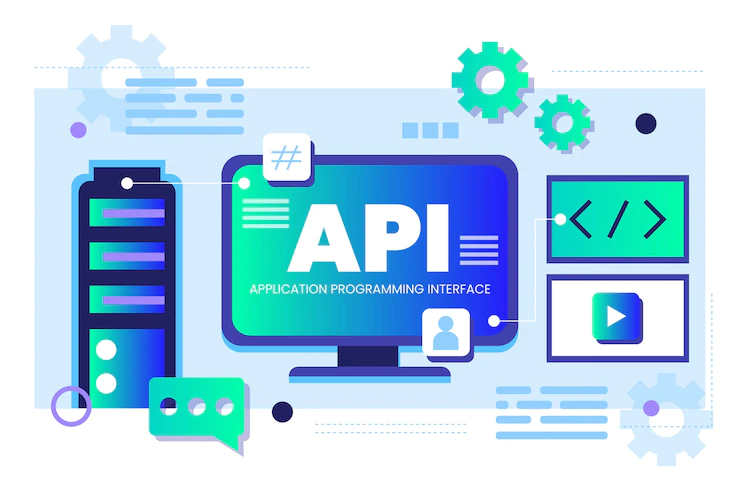A User Agent (UA for short) is a combination of letters and numbers to make up a string to identify the program which is making a request to a web server, website or app, to get a document, an image or a web page. It is a standard segment of a web structure which is run by all web requests in HTTP headers. The User-Agent string is a unique code that identifies a web browser, smartphone, or other type of client device. It is used by websites to identify and understand the device that is accessing their content. It can be used to block or redirect browsers that are not compatible with the website, for example, those that access a mobile version of the site. The User-Agent string is typically sent as part of the HTTP request header.
APIs are crucial to a number of different industries and sectors, including e-commerce, transportation, and healthcare. The tech sector is particularly reliant on APIs because they allow developers to create new features and applications. APIs are also crucial for businesses that need to connect their systems with those of their partners or customers. This is essential for large companies that operate globally and have a variety of different departments and business units that need to communicate with each other.
User Agent API has a variety of uses, including identifying users based on their device type, operating system, and browser. You can use this information to customize your website or app for different devices and browsers. For example, you may choose to display different content or use different design elements for mobile versus desktop users. You can also use User Agent API to track user information over time. This can be useful for marketing purposes; for example, you may use this data to track changes in user preferences or behavior over time. Additionally, User Agent API can be used to block specific users or IP addresses. This can be helpful in preventing spam or other unwanted activity on your website.
The data returned by User Agent API depends on the user agent string that is provided as input. This string contains information about the device or browser that is requesting the page. User agent strings are not always accurate, and they can sometimes contain unnecessary information. However, with careful analysis, you may be able to extract useful data from them.
We guarantee its efficiency and celerity of response, its accuracy and ease-of-use. It is powered with Artificial Intelligence and integrated with a suite of APIs by the same provider: User Agent Generator API, Agent Randomizer API, Random User Agent API, Scrape User Agent API, User Randomizer API, User-Agent Database API and others.
To make use of it, you must first go to User Agent Generator API and simply click on the button “Subscribe” to start using the API. After signing up in Zyla API Hub, you will be given your personal API key. Using this one-of-a-kind combination of numbers and letters, you will be able to use, connect, and manage APIs. Use the different API endpoints depending on what you are looking for. Once you find your needed endpoint, make the API call by pressing the button “run” and see the results on your screen.





